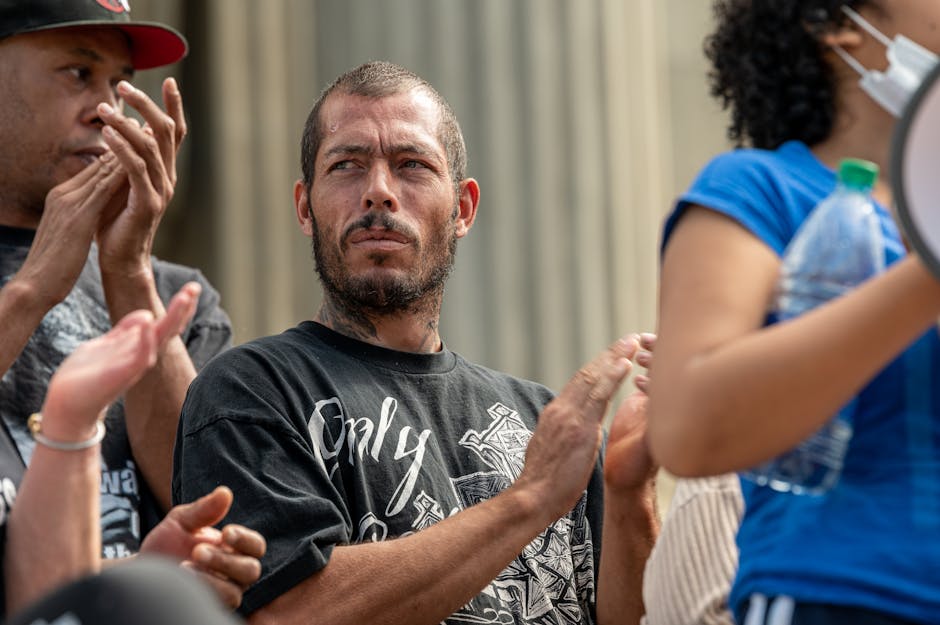
Racial Equality and the Pursuit of a Just Society
Racial Equality and the Pursuit of a Just Society
Racial equality is a fundamental principle that forms the basis of a fair and just society. It advocates for equal opportunities and rights for people of all races, challenging discrimination and prejudice.
One of the key goals in achieving racial equality is to eradicate systemic racism, which has been deeply ingrained in many institutions and societies for centuries. It requires individuals, communities, and institutions to actively work towards dismantling these structures and creating an inclusive environment.
Creating awareness and fostering dialogue around racial issues is an essential step towards building a more tolerant and understanding society. Organizations and individuals around the world are engaging in conversations, offering educational resources, and organizing events to encourage learning and empathy.
Racial equality also entails addressing disparities in areas such as education, healthcare, employment, and criminal justice. By identifying and rectifying these inequities, societies can ensure that everyone has an equal chance to succeed and thrive, regardless of their racial background.
It is important to acknowledge the ongoing challenges faced in the pursuit of racial equality. Discrimination and systemic barriers can persist despite progress being made. However, individuals and communities continue to advocate for change and push for policies and practices that promote equality.
By embracing and celebrating diversity, fostering empathy and understanding, and challenging discriminatory practices, we can make significant strides towards achieving racial equality. It is a collective effort that requires ongoing commitment and dedication.
